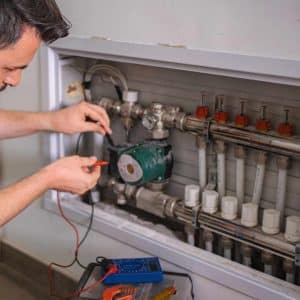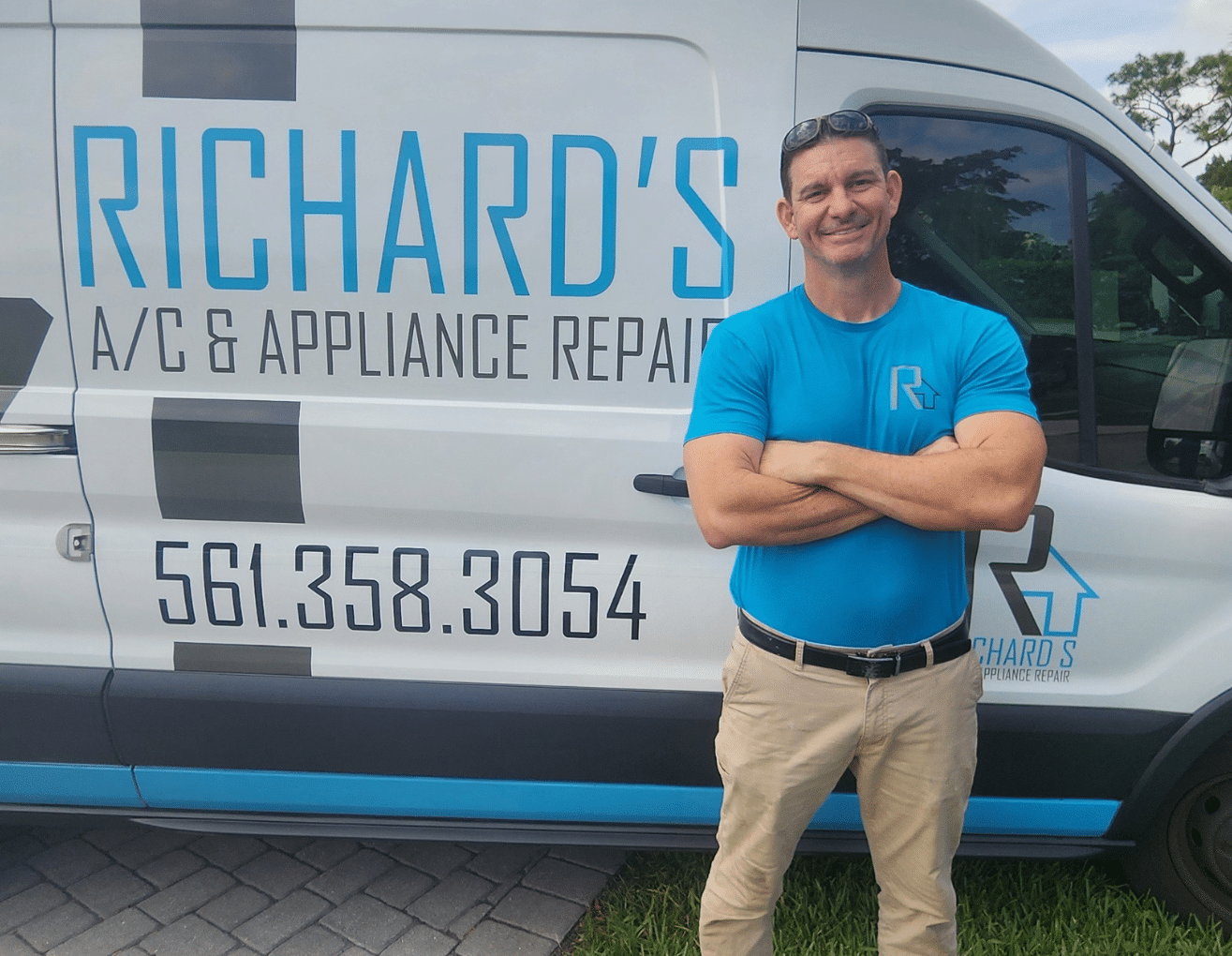It often starts small. You might notice your electricity bill is a bit higher than last summer, or perhaps your home just doesn’t feel quite as crisp and cool as it used to. Maybe you hear a faint, new noise from your outdoor unit. These are the kinds of “minor” issues that are all too easy to ignore, especially when life gets busy. We tell ourselves, “It’s still working, so it can’t be that serious.” However, in the world of air conditioning, there is rarely such a thing as a truly “minor” problem.
These seemingly insignificant issues are often early warning signs of underlying trouble. Ignoring them doesn’t make them go away; instead, it allows them to quietly snowball, creating a cascade of hidden costs that can eventually lead to a major, expensive system failure. Understanding how a small problem can escalate is key to making smart decisions that save you money and stress in the long run. Let’s use one of the most common “minor” issues—a slow refrigerant leak—as a case study to uncover the significant hidden costs of waiting to call a professional like Richard’s AC.
The Anatomy of a "Minor" Problem: A Slow Refrigerant Leak
A slow refrigerant leak is the perfect example of a problem that starts small but has massive consequences. It might begin with a tiny crack in a copper line or a loose valve fitting, caused by normal vibrations over time or corrosion from Florida’s humid, salty air. Refrigerant doesn’t gush out; it escapes molecule by molecule over weeks or even months.
How It Starts: The Subtle Decline
In the beginning, you might not notice anything wrong. As the refrigerant level slowly drops, your AC’s cooling capacity decreases just as slowly. The system might have to run for just a few extra minutes each day to reach the temperature set on your thermostat. This initial stage is almost impossible to detect without professional diagnostic tools, but underneath the surface, the hidden costs have already begun to accumulate.

The First Hidden Cost: Skyrocketing Energy Bills
This is the first major financial impact. Refrigerant is the lifeblood of your AC; it’s the substance that absorbs heat from inside your home and transfers it outside. As the level of refrigerant drops, the system’s ability to absorb heat plummets. To compensate and reach the desired temperature, your AC system is forced to run for much longer periods. Your compressor and fans work overtime, hour after hour, day after day. This drastic increase in runtime directly translates to a significantly higher electricity bill each month. That unexplained 20-30% jump in your summer utility costs is often the first tangible sign of a refrigerant leak or another efficiency-robbing problem.

The Second Hidden Cost: Accelerated Wear and Tear
A system that’s running constantly isn’t just expensive; it’s also destroying itself from the inside out. The compressor—the heart of your AC—is put under immense strain as it works harder and runs hotter to try and pressurize the diminished refrigerant. Fan motors run for thousands of extra hours, wearing out their bearings. Electrical components like capacitors and relays are subjected to prolonged use, increasing their likelihood of failure. You are essentially condensing years of normal wear and tear into a single Florida summer season. This hidden cost is measured in the reduced lifespan of your entire AC unit.
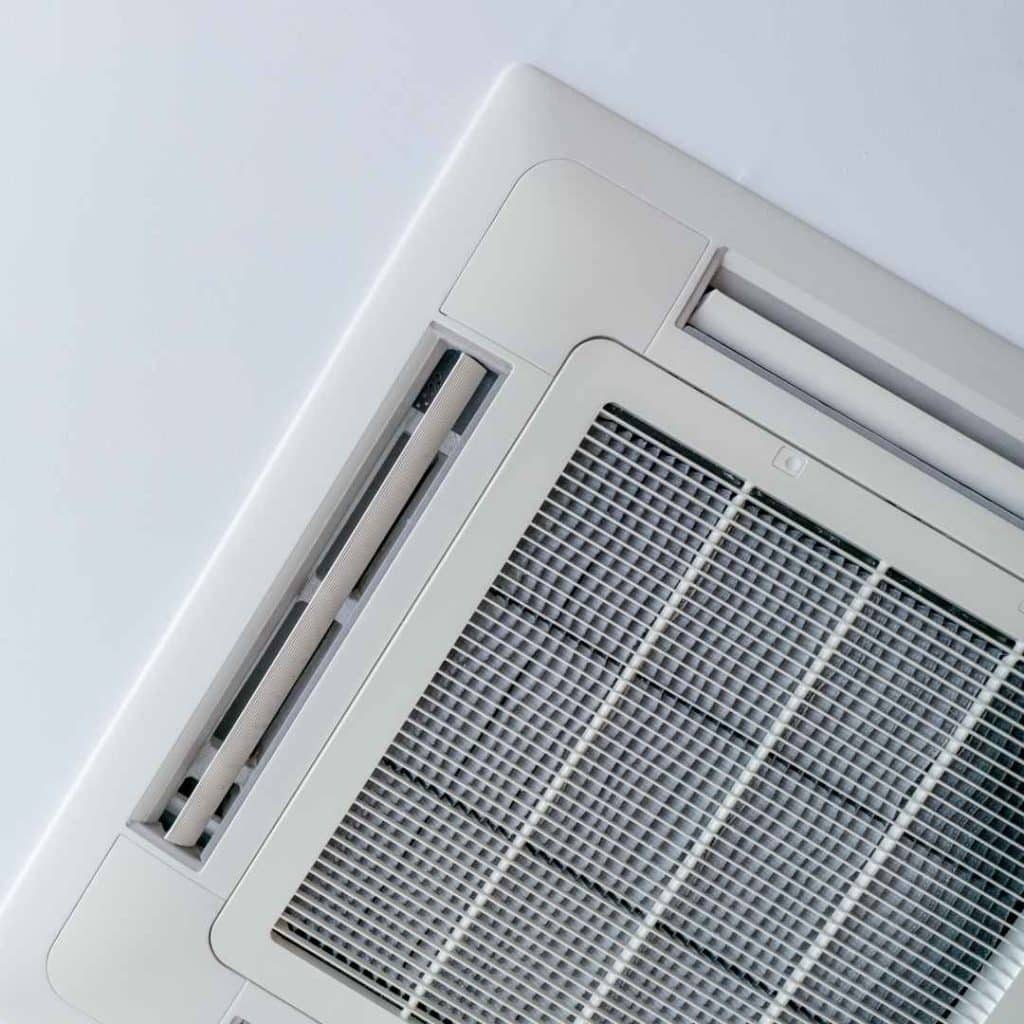
The Final Cost: Catastrophic Component Failure
This is where the “minor” leak becomes a major disaster. Eventually, the constant strain and overheating will cause a critical component to fail completely. Most often, it’s the compressor that gives out. Suddenly, your AC stops producing cold air altogether. What started as a slow leak that could have been found and repaired by a professional for a moderate cost has now morphed into a potential multi-thousand-dollar repair to replace the compressor. At this point, especially if the system is older, you may be facing a full system replacement. The cost has escalated from a minor repair to a major investment, all because the initial problem was left unaddressed.
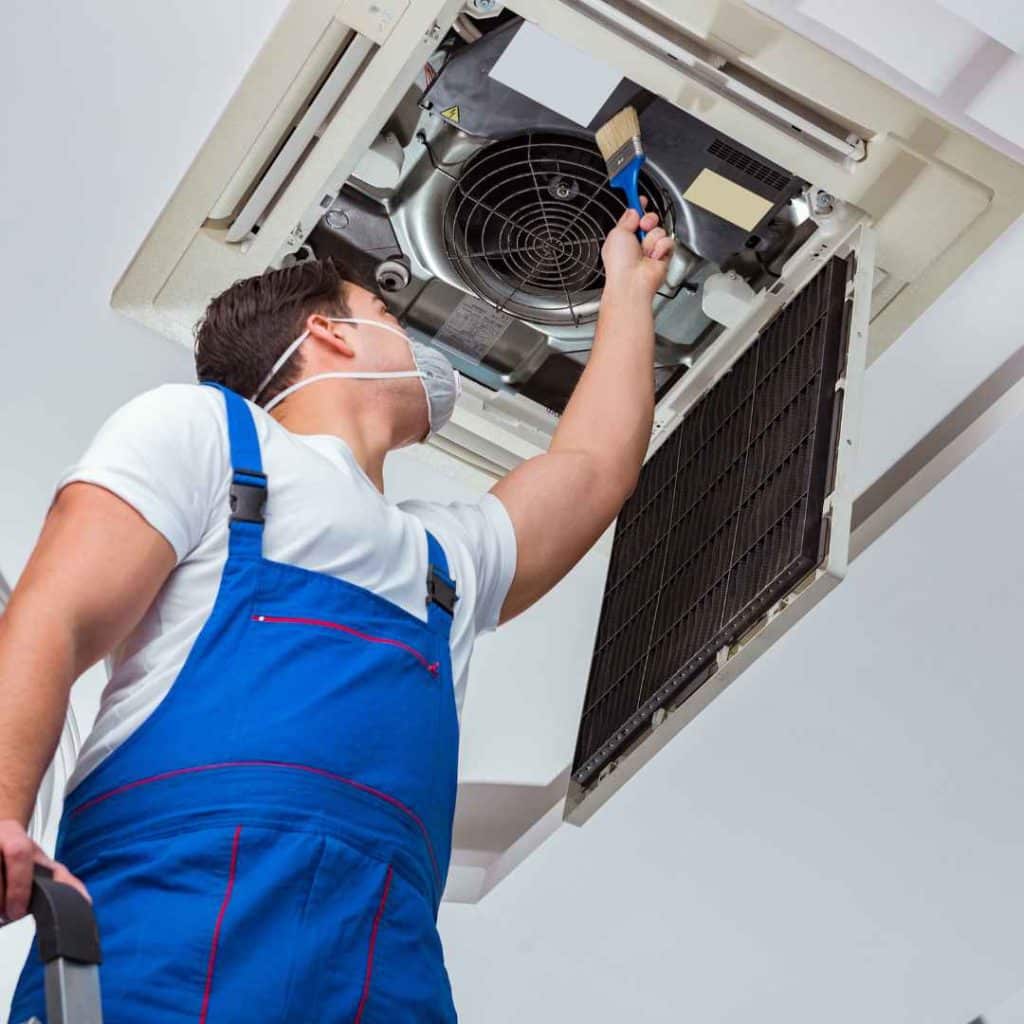
Other "Minor" Problems with Major Hidden Costs
This cascading effect isn’t unique to refrigerant leaks. Other seemingly small issues follow the same destructive path:
A Failing Capacitor
The “Minor” Problem: Your AC hums for a second or two before it fully kicks on, or the fan seems to start slowly.
The Hidden Cost: The capacitor provides the crucial jolt to start the motors. When it weakens, the motors struggle to start, putting immense strain on their internal windings. Ignoring a relatively inexpensive capacitor replacement can burn out the very expensive fan motor or compressor it’s designed to protect.
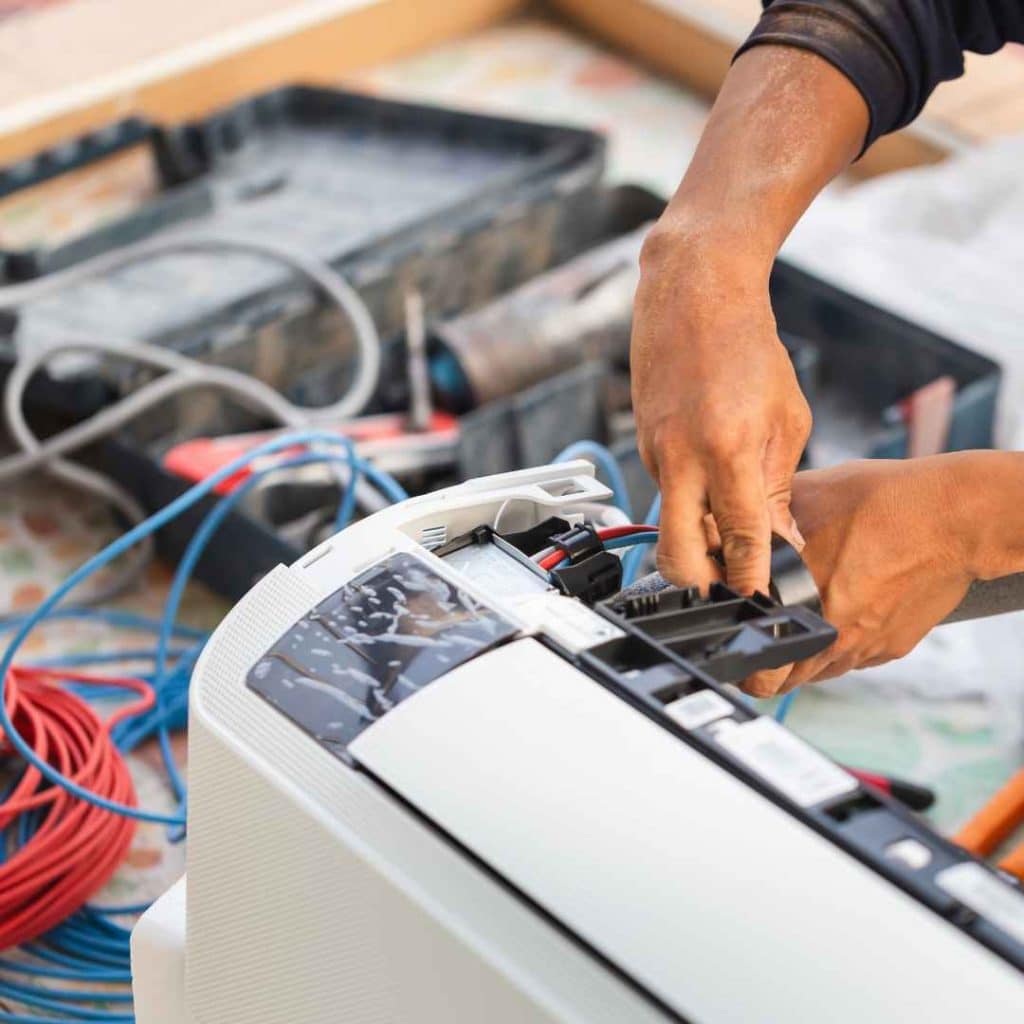
A Clogged Drain Line
The “Minor” Problem: A faint, musty smell near your indoor unit.
The Hidden Cost: This odor often signals the beginning of a clog in your condensate drain line. If ignored, the line will eventually block completely. Water will back up and overflow the drain pan, potentially causing thousands of dollars in hidden water damage to your ceilings, drywall, insulation, and flooring, not to mention creating the perfect environment for hazardous mold growth.
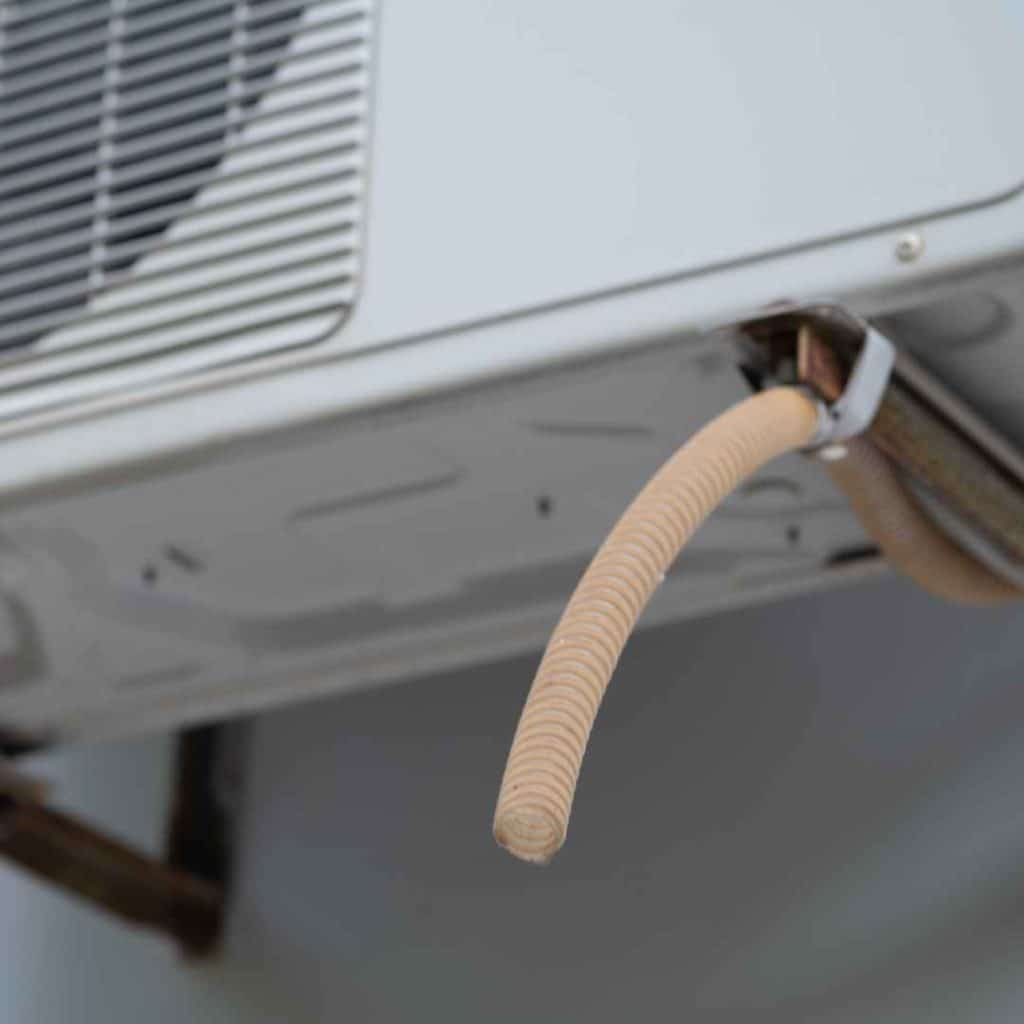
Dirty Coils
The “Minor” Problem: The system just doesn’t seem to cool the house as quickly as it did last year.
The Hidden Cost: Just like a slow refrigerant leak, a layer of dirt and grime on your AC’s coils acts as an insulator, drastically reducing efficiency. This leads to the same hidden costs: higher energy bills from longer run times and accelerated wear and tear on the entire system from the constant strain.
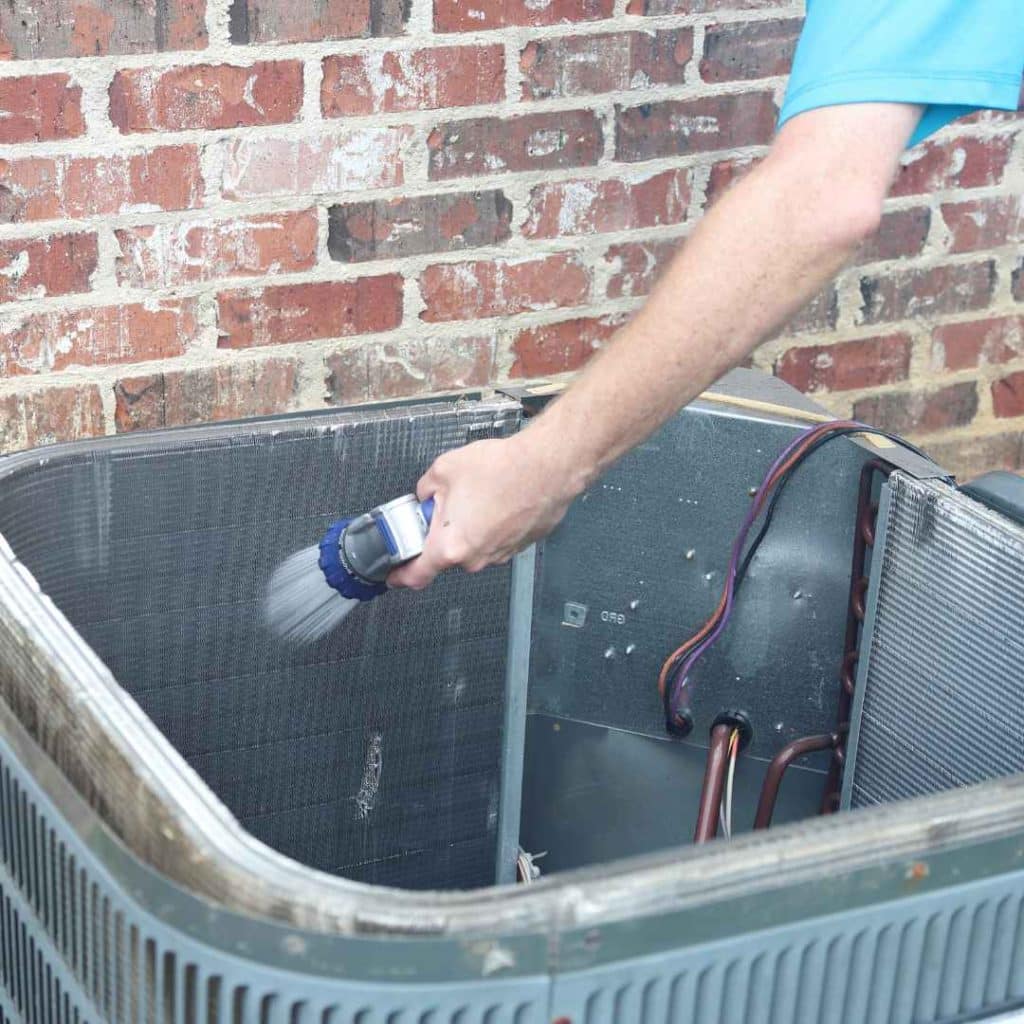
The Proactive Solution: Don't Wait to Call Richard's AC
The lesson is clear: in the world of air conditioning, a small problem is never truly “minor.” It is an early warning sign that your system needs professional attention. Being proactive is always less expensive and less stressful than making a reactive emergency call when your system dies on the hottest day of the year.
At Richard’s AC, our experienced technicians are trained to be detectives. We don’t just fix the obvious symptom; we find the root cause. During a diagnostic service call or a routine maintenance visit, we can identify these “minor” issues—the weakening capacitor, the slow refrigerant leak, the beginning of a clog—and address them before they have a chance to escalate. This proactive approach is a cornerstone of our “old-school service” philosophy. We believe in providing honest solutions that save our customers from big expenses down the road.
If you suspect your AC has a “minor” problem, don’t wait for it to become a major headache. Contact Richard’s AC for an honest diagnosis. [Link to appointment page]
Call us at today! Let us fix the small stuff before it costs you big.



